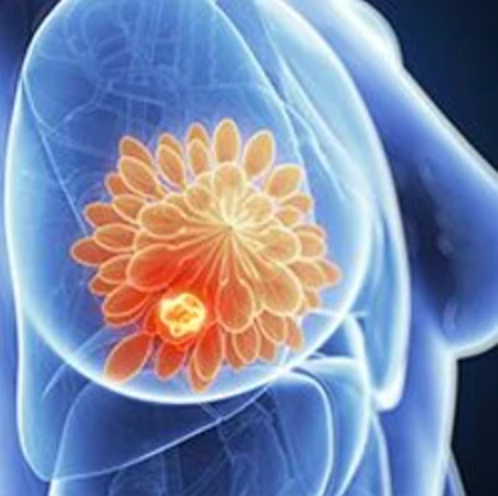Video
Dr. Wang on Contraindications to Hypomethylating Therapy in Older Patients With AML
Author(s):
Eunice Wang, MD, discusses reasons why some older patients with acute myeloid leukemia may not be eligible to receive hypomethylating therapy and highlights ongoing investigations within this older patient population
Eunice Wang, MD, chief the Leukemia Service, the Department of Medicine, Roswell Park Comprehensive Cancer Center, discusses reasons why some older patients with acute myeloid leukemia (AML) may not be eligible to receive hypomethylating therapy and highlights ongoing investigations within this older patient population.
Among older patients with AML, a select portion will not be considered candidates for hypomethylating therapy. Depending on location and patients, this portion can range from 5% to 10% of older patients with AML, and up to one-third of patients, Wang says. Contraindications for hypomethylating therapy can be based on a variety of factors. For example, patients may not be candidates for therapy for logistical reasons, such as physically not being able to go to a treatment center in person 5 to 7 days per month to receive treatment. Patients showing signs of organ toxicity may also be precluded from receiving hypomethylating therapy, Wang adds.
Although many older patients may be able to tolerate 2 to 3 cycles of therapy, hypomethylating agents require continuous administration, which can prove to be a significant obstacle to long-term care for a portion of patients, Wang says. Nearly every patient who is treated with venetoclax (Venclexta) and azacitidine will need to return to their cancer center on a regular basis and have continual dose reductions or an increase of the interval between treatment regimens. These adjustments are made in order to maintain some level of therapy, Wang notes.
Mutational analyses can identify whether frail patients are candidates to receive single-agent treatment with an IDH1 or IDH2 inhibitor. These patients could also be treated with single-agent gemtuzumab ozogamicin (Mylotarg) if they have CD33-positive AML.
Supportive care alone can also be an option for frail or older patient with AML, Wang continues. Elderly patients can be maintained with hydroxyurea, transfusion support, and prophylactics for some period of time, Wang concludes.









